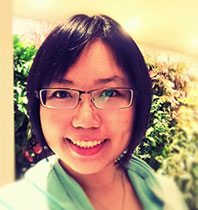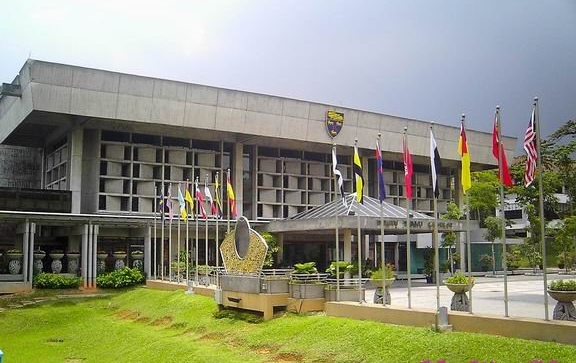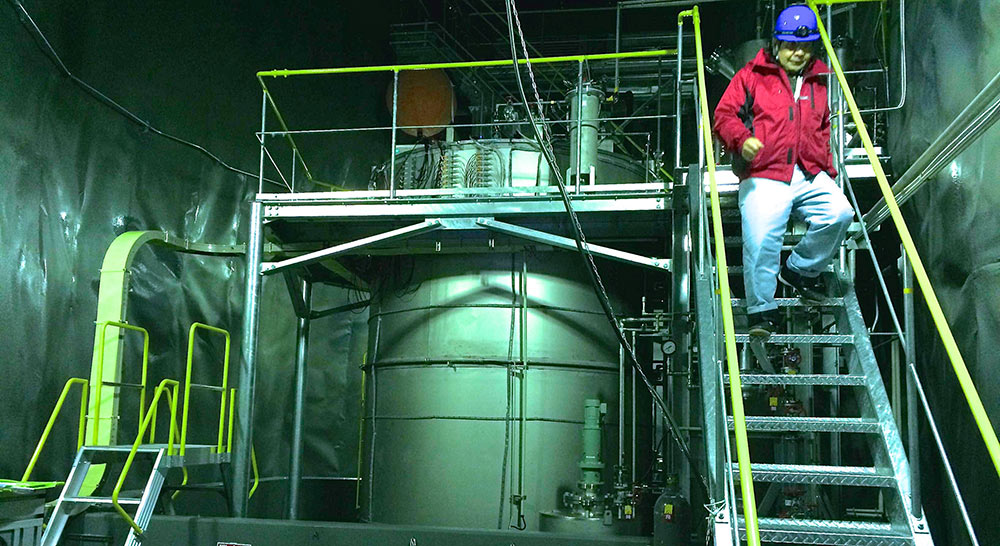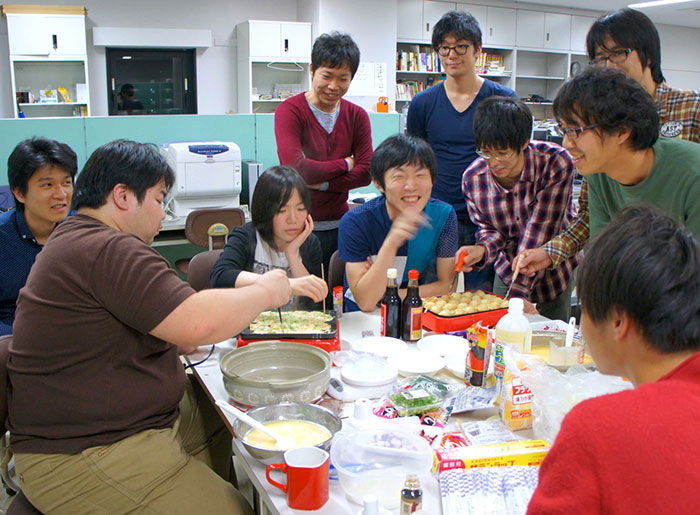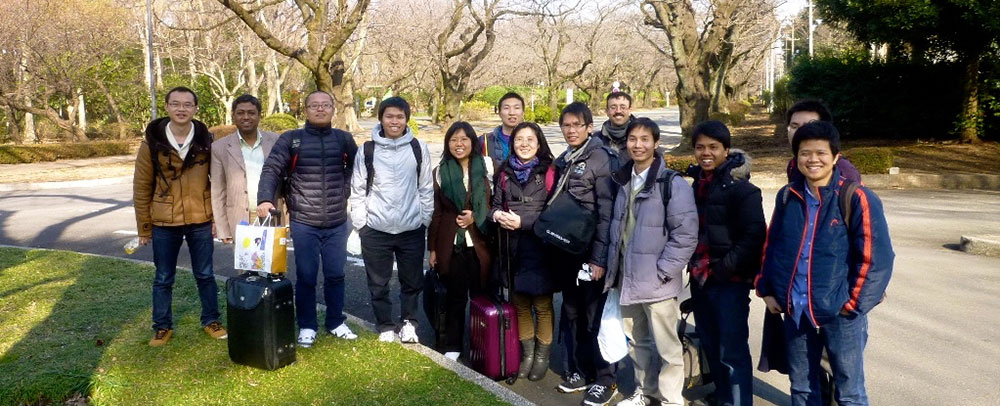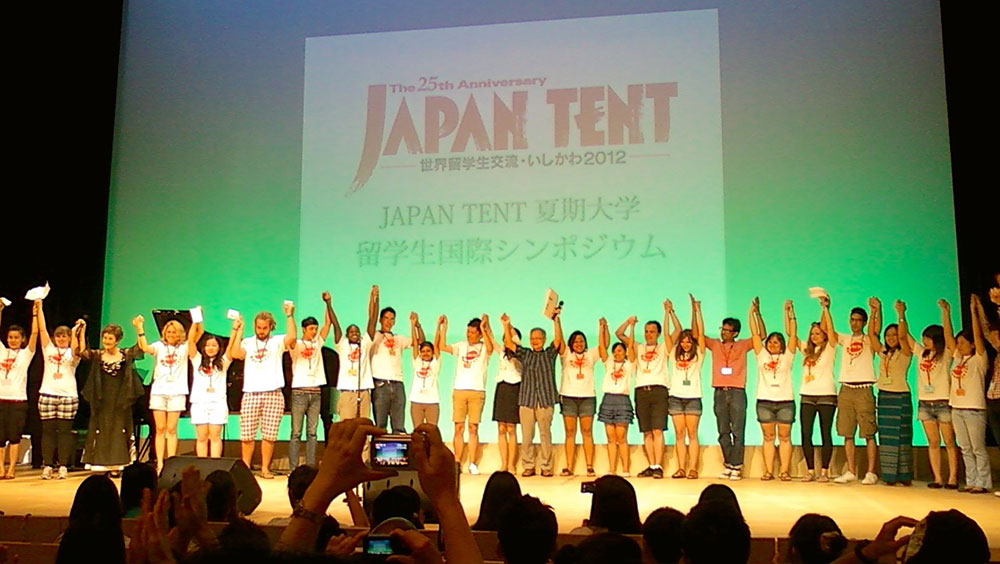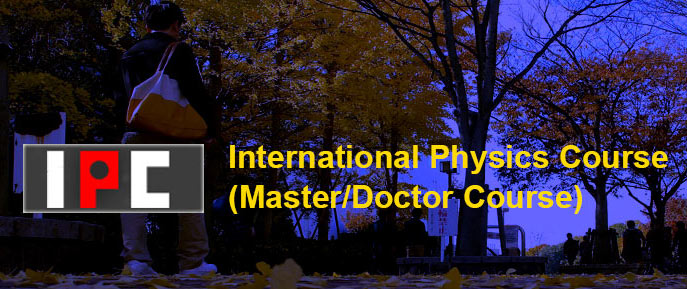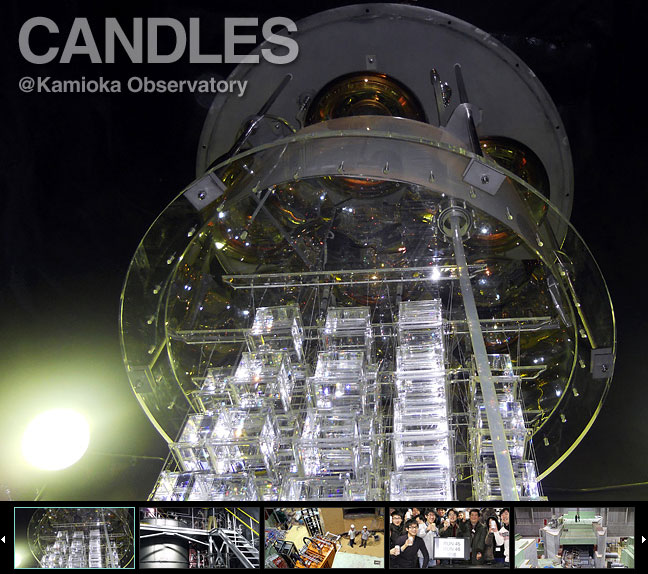Hi, my name is Chan Wei Min. I’m from Malaysia although right now I’m in Japan working on my PhD on Osaka University’s International Physics Course (IPC). I’ve been at here for around four years.
Looking back on my own childhood, nature always interested me. I still remember the excitement when first discovering a fantastic visual encyclopedia in my school library. Those colorful diagrams that described the workings of nature, from a tiny atom to a gigantic galaxy, opened a giant window. Since then the desire to discover new thing became rooted in my mind. I guess this led me to the field I’m now in. For me, studying something for life without boredom is a blessing. But I guess I’m getting ahead of myself here.
WHERE DID YOU GROW UP? WHAT ABOUT YOUR UNDERGRADUATE LIFE?My home town is Kajang, 21 kilometers from Malaysia’s capital, Kuala Lumpur. As part of a multicultural/multilingual country, being among people of different races, religions, and languages became second nature. This helped me adapt easily when I moved to Japan. But before the move, I completed my bachelor degree at the University of Malaya, it is the country’s foremost research university with more than 27,000 students. My study covered the fundamental knowledge of physics, and my final year project was on the synthesis of graphene. This was the first time I worked with scientists and I caught a glimpse of the actual research world.
During that time there were many academic visits and student exchanges between our department and counterparts at Osaka University. Through these, I found out more about Osaka University, specifically, the International Physics Course (IPC). After that I became excited at the prospect of joining the IPC. But it was later that I found out the screening process was going to be pretty challenging.
Nuclear and Particle Physics aims to discover the particles and forces that exist that form our universe. Personally, I find these issues truly fascinating.
Once at Osaka, I joined the Nuclear and Particle Physics Group lead by Prof. Tadafumi Kishimoto and became part of the CANDLES Collaboration, a renowned frontier research group examining neutrinoless double beta decay using Calcium-48. Double beta decay is the phenomena of two neutrons in a nucleus decayed into two electrons, two protons and two anti-neutrinos. However, there is a possibility that one of the anti-neutrino may have converted into neutrino and annihilated with the other anti-neutrino. This extremely rare ‘neutrinoless double beta decay’ can prove the violation of the lepton number and explain why our universe is made up of matter. In conjunction with CANDLES, we have also developed a new ultra-low background gamma spectroscopy with an HPGe detector and have undertaken the observation of Tantalum-180m decay. For all nuclear isotopes that exist on Earth, Tantalum-180m is known as the only isotope that is naturally occurring in a metastable state and its half-life is yet to be confirmed.
COULD YOU SAY THAT AGAIN PLEASE?Too much jargon? Let me put it in a more straightforward way. Basically we aim to observe some extremely rare event. So rare that we need to go one kilometer underground to Kamioka Underground Observatory to set up our experiment, this is in order to block out the noise (background radiation). If we succeed, it will be a scientific breakthrough and explain why everything around us is matter, not anti-matter, key information in the formation of our universe.
This undertaking is a group experiment so we need to work closely with other collaborating universities. My research group consists of many Japanese and international students, and each of us plays a specific role in the project. It is definitely not a one-man show, and like a gear in a machine, when one fails everything stops. Each week, all the academic staff and students sit together to update on each other’s progress and dissect problems. This is a marvelous way of working and one’s own contribution is always fully appreciated.
HOW DO THINGS WORK IN JAPAN?I entered Osaka University as an IPC master student and then continued on the PhD course two years later. IPC students and staff are like a family there a only a few students (less than ten newcomers a year). This means we get to know each other pretty well and professors lavish a great deal of attention on our development.
This part could be long and detailed as I’ve had so many new experiences since moving here.
On the master program, lectures and seminars are conducted in English, and at the same time, we carry out research with our preference lab. On the PhD program, students need to take a few seminars but mainly concentrate on research. Most IPC students belongs to different labs which are headed by professors, but we are all supported by IPC staff and have an annual trip to other Japanese universities for educational exchange. For example, I have visited Tohoku University, Kyushu University, Ritsumeikan Asia Pacific University, Hokkaido University, etc. in the past IPC trips.
Besides being with the IPC family, most of a PhD students’ time will be spent in their labs. Different labs may have different environments depending on the specialization. In my lab, we have a big student room where all undergraduate, master, PhD students and researchers work together regardless of nationality. This is a wonderfully supportive and lively environment. If we have any problems or questions, we can just go to another desk and ask for help. During special occasions like Sakura Viewing (Hanami) or year-end or graduation, we all celebrate together.
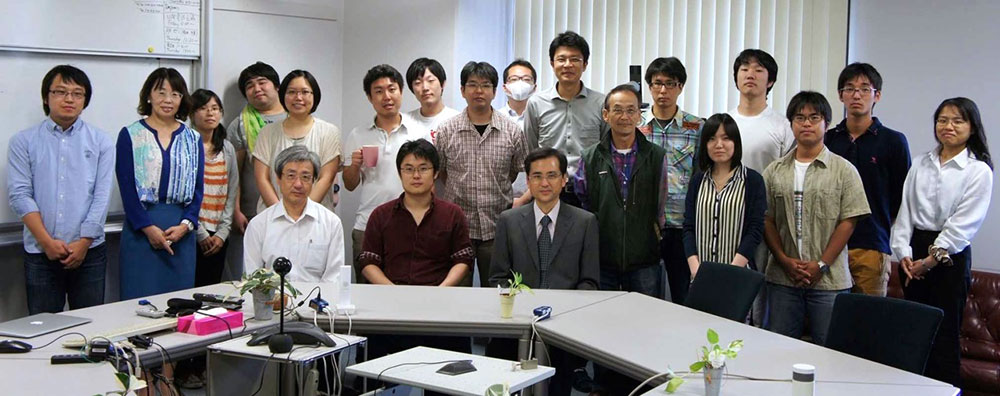
The meeting room at Osaka University’s Kishimoto Laboratory
Absolutely! Here I have to talk about the study atmosphere in labs.
I was very surprised to find right from day one I was given a key to my lab. There is complete trust here. Everyone has full access 24/7; there’s a conference room full of reference material, a kitchenette, plus we all have a personal PC and study desk. It basically becomes our second home and is perfectly organized to make the most of our endeavors. Late night or even weekends, there are always people in the lab. This is enormously motivating as we keep each other on the track and productive. With this setup, week by week, guided by seniors and supervisors, and given the breath of facilities, we all soon find enormous improvement.
Even as a graduate student, I have gained numerous opportunities to present my research on occasions like collaboration meetings, graduate school camps, and for the Physical Society of Japan Annual Meeting and international conferences. The exposure of graduate students to the larger academic society at a relatively early stage has many positive influences on one’s future career path. Furthermore, we have access to cutting edge technology and world-class facilities like a large-scale laser, cyclotron, underground observatory, and a super computer, etc.
In addition, over the past four years, I have experienced changes and improvements at Osaka University; it has become more global in every aspect. Life as an international student is pleasant thanks to the staff who are always there for us. And if we are thinking of working in Japan after graduating, there are job fairs and internships specially designed for international students. And let’s say you wish to learn Japanese, there are plenty of courses ranging from elementary to advance levels. For those who love to travel and experience Japanese culture, the Center for International Education and Exchange (CIEE) and Osaka-ryugakusei Net can provide updated news of homestay programs, volunteer work and special events.
On a personal level, I have benefited greatly from the Japanese language course. When I first came to Japan, I couldn’t even write or read a single hiragana or katakana. Now, I can handle renting a private apartment on my own (the rental system of Japan is not that simple) and chat with lab mates using Japanese. It’s great! Even though Japanese language is not essential in academic circles, processing a new language is like holding a key to open many new doors. With this, life here becomes much more enjoyable and fun.
Photos— TOP: Heading out on one of our IPC trips. BOTTOM: The 25th Anniversary Japan Tent. An international symposium for exchange students in Japan
WHAT ABOUT THE FINANCIALS? ARE SCHOLARSHIPS AVAILABLE?There are many types of scholarship available for international students. Beside the well-known Japanese government (Monbukagakusho) Scholarship, many private companies and local organizations also offer great scholarships to international students which can be applied for upon entering Japan. In terms of financial support, Japan is a very generous country, over half of the international students get some sort of support from either scholarships, tuition fee waivers, teaching assistant posts, research funds or part-time jobs. If there is a will, there is a way.
FINALLY, WHERE DO YOU SEE YOURSELF IN THE FUTURE?If I imagine myself 10 years from now, I would hope to be working actively in a research center or innovation division of a company. I don’t want to limit my future with any location or job title, as long as it is an inspiring career and has a sense of contribution to society, this is important to me.
If I was to sum up in few words what I would say to anyone thinking about Osaka University I would say “Go for it, dare to make a change and step out of your comfort zone.” Once you open the door before you, there may be a bright future ahead which you could never have imagined.
Thanks to the International Physics Course, so many more exciting things
are opening up in my life.
Chan Wei Min is a student on the International Physics Course, Graduate School of Science, Osaka University.
READ MORE STUDENTS’ STORIES HERE: http://caren.eng.osaka-u.ac.jp/students-stories/
VISIT THE INTERNATIONAL PHYSICS COURSE WEBSITE: http://www.rcnp.osaka-u.ac.jp/~IPC/index.html
Download the IPC pamphlet: http://www.rcnp.osaka-u.ac.jp/~IPC/info/pdf/pamphelet.pdf
Find out more about the Kishimoto Lab and CANDLES here: http://wwwkm.phys.sci.osaka-u.ac.jp/
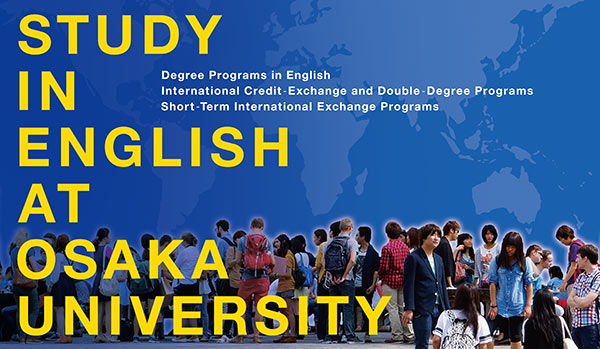
Check out all the sciences and engineering programs in English HERE


